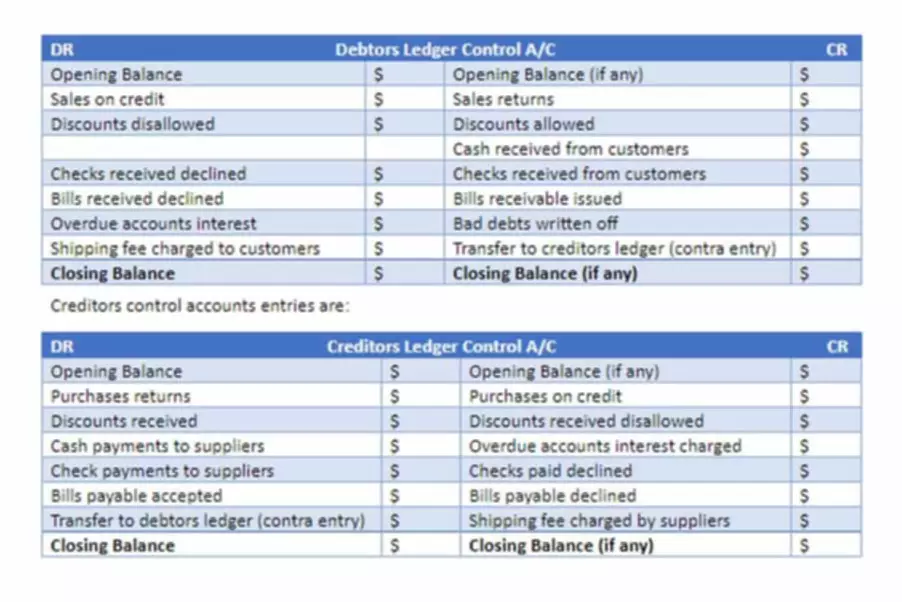Content

On the employee’s pay stub, net pay is recorded both for the pay period and cumulatively for the year. But if the contribution comes from the employer, it may be included in the employee’s gross wages.

Every time you get paid, your employer will withhold various taxes from your paycheck. That includes federal https://www.bookstime.com/ income taxes and state income taxes — unless you live in a state that doesn’t have an income tax.
Is a Pay Stub the Same as a Paycheck?
On the other hand, a pay stub is a slip of paper that has all the details about the money you earned, how your wages are calculated, and any tax deductions. A pay stub will accompany your paycheque or be provided on its own should you have direct deposit set up.

In the United States, no federal law requires employers to give employees pay stubs, but many states require them. Details of those requirements vary from state to state, so it’s important to consult with state labor offices, especially if your organization does business what is a pay stub in more than one state. A pay stub is a document issued by an employer that shows an employee’s gross earnings, deductions from those earnings, and net pay. Pay stubs are created in conjunction with paychecks, so each employee gets a new pay stub for each pay period.
How to Save Money in 8 Easy Steps
Private Equity Let’s create value across your portfolio.Product Technology Partners See our vetted tech & services alliances. Canadians age 65 years and older are eligible for monthly payments through Old Age Security .
What information goes on a pay stub?
A pay stub typically includes the following:Employee information, including name, social security number, and addressEmployer information, including name and addressThe dates of the pay periodEmployee pay rateGross earnings, or their earnings before taxes, employee contributions, and deductions are taken outTaxes withheld, such as federal income tax, and if applicable, state or local income taxes, plus the employee’s share of FICA taxEmployee contributions, such as to retirement plans or pensionsDeductions, such as for health insurance or life insuranceNet pay, which is the total amount the employee actually takes home in their paycheck after all taxes, contributions, and deductions are subtracted from gross earningsFrom an employee’s point of view, the following sections are especially important: This number reflects the amount you pay your employees before taxes, contributions, and other deductions. Under gross earnings for hourly employees, it should list the hourly rate and… Ещё










Recent Comments